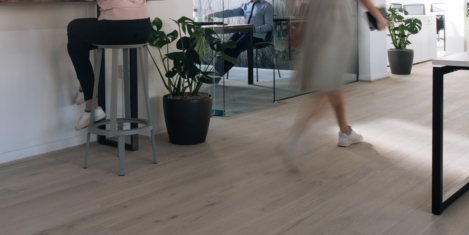May 28, 2024
Rigid return to office mandates and fixed places of work are backfiring
 A new study by Great Place To Work claims that obliging employees back to the office with so-called return-to-office mandates and restricting their choice of work location can have negative consequences for the business. The report based on a survey of 4,400 US workers, claims to reveal a strong correlation between work location flexibility and positive employee experiences. Compared to those without a choice, employees with control over their work environment are three times more likely to want to stay with their company, and significantly less likely to become disengaged – a trend that has been referred to as “quiet quitting.” They’re also more likely to put in extra effort, foster good relationships with their managers, and feel their workplace fosters a healthy psychological and emotional environment. (more…)
A new study by Great Place To Work claims that obliging employees back to the office with so-called return-to-office mandates and restricting their choice of work location can have negative consequences for the business. The report based on a survey of 4,400 US workers, claims to reveal a strong correlation between work location flexibility and positive employee experiences. Compared to those without a choice, employees with control over their work environment are three times more likely to want to stay with their company, and significantly less likely to become disengaged – a trend that has been referred to as “quiet quitting.” They’re also more likely to put in extra effort, foster good relationships with their managers, and feel their workplace fosters a healthy psychological and emotional environment. (more…)


































May 22, 2024
Some questions about AI, a world drowning in content and the human centipede of creativity
by Mark Eltringham • AI, Comment, Technology
One unintended but welcome result of the new fixation with AI is that many of the people who became experts on the workplace in 2020 are now experts on AI. You’ll find them on social media and they’ll have written a book about it by May to sit on the shelf alongside the one about hybrid working and The Great Resignation. So, if you want some certainty about where generative AI taking us, go talk to one of them because people who know about the subject seem to have little or no idea or raise even more questions. (more…)